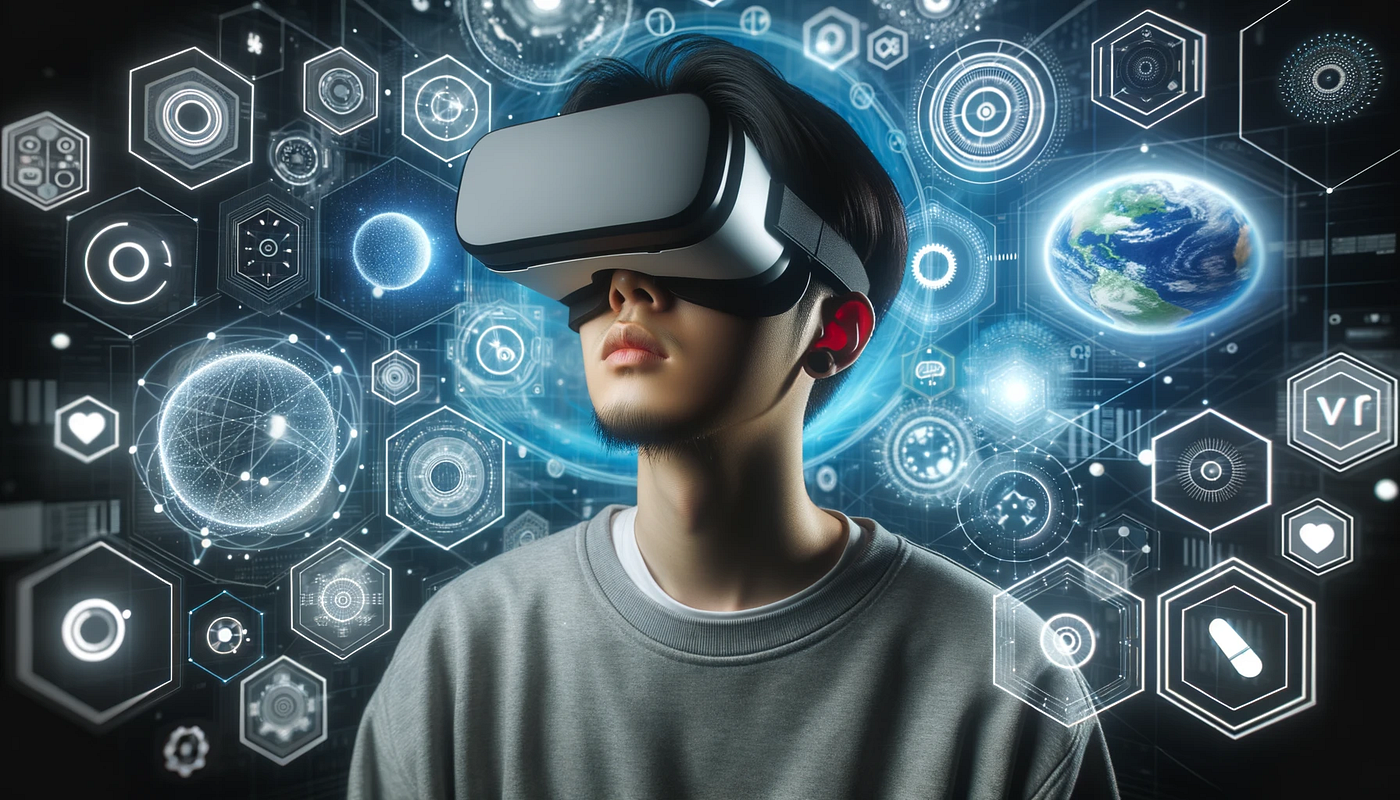
Once seen as futuristic novelties, Augmented Reality (AR) and Virtual Reality (VR) have now become cornerstones of modern entertainment. From virtual concerts that attract millions of viewers to immersive gaming, digital theme parks, and interactive films, these technologies are fundamentally reshaping how people engage with content across the globe. As hardware becomes more accessible and software more powerful, AR and VR are no longer confined to niche markets, they are now mainstream tools driving a new era of digital experience. This article explores how AR and VR are transforming the global entertainment industry in 2025.
AR & VR: What’s the Difference?
Before diving deeper, let’s clarify the distinction:
- Augmented Reality (AR) enhances the real world by overlaying digital elements, images, sounds, or data onto your physical surroundings via smartphones, glasses, or headsets.
- Virtual Reality (VR) creates an entirely digital environment that immerses users in a simulated world, typically through a dedicated headset.
Both technologies serve different functions, but when combined, they create mixed reality (MR) experiences that push the boundaries of interaction and immersion.
1. Virtual Concerts and Events: The Rise of Immersive Music
AR and VR have revolutionized live entertainment, especially concerts and festivals. Instead of watching performances on flat screens, fans can now attend VR concerts where they walk around virtual stages, interact with other fans, and enjoy 3D soundscapes.
- Artists like Travis Scott, BTS, and The Weeknd have hosted VR concerts on platforms like Fortnite, Roblox, and Meta Horizon Worlds.
- Augmented Reality apps enhance physical concerts by projecting visuals, lyrics, and special effects directly onto the stage through AR glasses or mobile phones.
These innovations not only offer new revenue streams but also democratize access, letting fans from remote areas enjoy world-class performances.
2. Gaming Goes Next-Level with Full Immersion
Gaming is arguably the most advanced sector in AR/VR entertainment. From room-scale VR adventures to AR mobile games, players are more engaged than ever.
- VR platforms like Meta Quest 3, PlayStation VR2, and HTC Vive XR Elite deliver high-fidelity graphics, spatial audio, and motion tracking for fully immersive gameplay.
- AR games like Pokémon Go and The Walking Dead: Our World continue to evolve, using real-world mapping and multiplayer interaction to blend reality with digital storytelling.
In 2025, more games include haptic feedback, eye tracking, and adaptive AI that responds to your body and choices, creating experiences that feel incredibly real.
3. AR/VR in Film & TV: Redefining Cinematic Storytelling
Filmmakers are now embracing VR as a new narrative medium, offering viewers the power to step into the story.
- VR films like Carne y Arena by Alejandro Iñárritu and The Line allow users to explore stories in 360°, choosing where to look and what to experience.
- AR experiences bring interactive scenes into your living room, where characters walk around your real-world space or you solve mysteries alongside them.
Streaming services like Netflix, Disney+, and HBO Max are experimenting with AR tie-ins, bonus VR content, and immersive trailers that deepen engagement.
4. Theme Parks & Live Attractions Reimagined
Themed entertainment is being redefined through AR and VR tech:
- Disney’s Star Wars: Galaxy’s Edge integrates AR-enabled droids and missions via mobile apps that sync with the park environment.
- VR amusement rides now offer hyper-realistic adventures without needing giant physical setups, just a headset and synchronized motion platform.
Meanwhile, museums and galleries use AR to animate exhibits, offering real-time translations, 3D reconstructions, and gamified tours.
5. The Social Side: Virtual Communities and Shared Worlds
AR and VR are not just solo experiences, they’re becoming deeply social. Virtual platforms like VRChat, Rec Room, and Horizon Worlds host millions of users who meet, play games, host events, or just hang out virtually.
The metaverse concept continues to develop, with virtual cinemas, interactive sports viewing, and digital meetups becoming commonplace. These PEH888 ลิงก์ shared experiences are replacing traditional social spaces, especially for younger generations.
Conclusion
AR and VR are no longer just futuristic gimmicks, they are core technologies revolutionizing the way we experience entertainment. Whether it’s attending a live concert from your bedroom, walking through a virtual museum, or playing a lifelike video game with friends across the world, AR and VR are creating immersive, personalized, and interactive realities that were once unimaginable.
As devices become more affordable and content becomes richer, the future of entertainment lies in blending physical and digital worlds seamlessly. And in 2025, that future is already here.